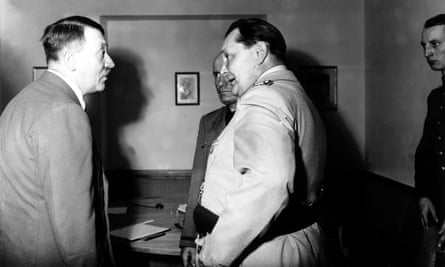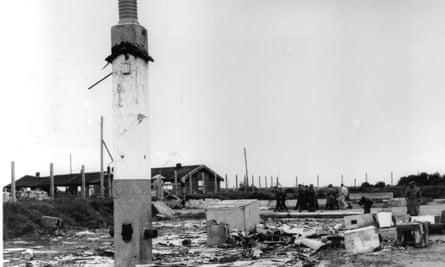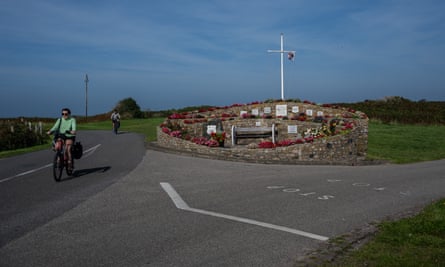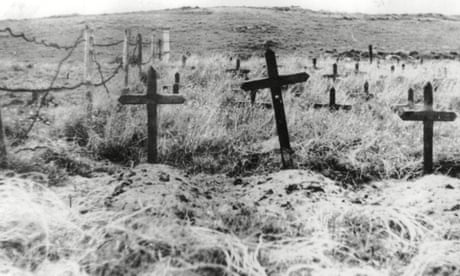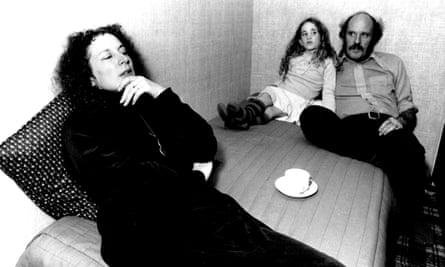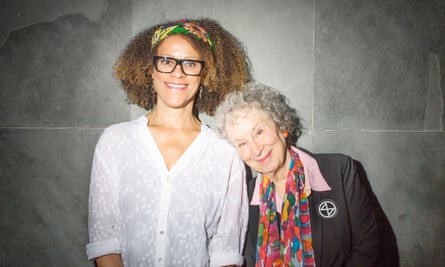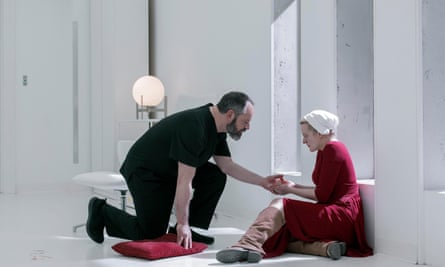AFP
May 4, 2024

Students on campuses around the world have responded to the ongoing crisis in Gaza - Copyright AFP Guillermo Arias
Student protests against the Israeli military assault on Gaza following the unprecedented October 7 attack by Hamas on Israel have spread to several countries.
Here is a round-up of the main campaigns.
– United States –
Demonstrators have gathered on at least 40 US university campuses since April 17, often erecting tent camps to protest at the soaring death toll in the Gaza Strip.
Nearly 2,000 people have been detained, according to US media, in demonstrations reminiscent of protests against the Vietnam War.
In recent days, police have forcibly dismantled several student sit-ins, including one at New York University at the request of its administrators.
Demonstrators barricaded inside Columbia University, the epicentre in New York of the student protests, complained of police brutality when officers cleared the faculty.
At the University of California, Los Angeles, hundreds of police emptied a camp, tearing down barriers and detaining more than 200 protesters.
Brown University on Rhode Island reached an agreement with students to remove their camp from the grounds in exchange for it considering divesting from “companies enabling and profiting from the genocide in Gaza”.
President Joe Biden broke his silence on the protests on Thursday, insisting “order must prevail”.
– France –
Police on Friday forcibly evacuated protesters from a pro-Gaza sit-in at Sciences Po in Paris, the country’s top political science school.
Officials said 91 people were arrested.
Sciences Po interim administrator Jean Basseres rejected a student demand to examine the institution’s links with Israeli universities.
Outside the nearby Sorbonne University, the Union of Jewish Students in France set up a “dialogue table” on Friday.
“Jewish students have their place in this dialogue,” said Joann Sfar, a comic-book artist invited as a guest speaker.
He said he understood why students were “outraged by what’s going on in the Middle East”.
At Paris-Dauphine University, administrators banned a conference involving Rima Hassan, a Franco-Palestinian expert in international law who has been vocal in condemning “genocide” in Gaza.
The ban, introduced on the grounds there was a risk of public disorder, has been overturned by the judicial authorities.
French President Emmanuel Macron on Saturday condemned the university blockades at Sciences Po and other French universities that “prevented debate”.
– Germany –
Police intervened on Friday to evacuate protesters outside Humboldt University in central Berlin.
A number of demonstrators were “forcibly” removed after refusing to decamp to another location, police said.
Berlin mayor Kai Wegner criticised the protest, saying on X, formerly Twitter, that the city didn’t want to see events like those in the United States or France.
– Canada –
Students have protested against the war in Gaza in several cities, including Montreal, Ottawa, Toronto and Vancouver.
Hundreds of demonstrators have joined the first and largest camp, at Montreal’s McGill University, in the face of threats of a police clearance.
They have vowed to remain there until McGill cuts all financial and academic ties with Israel.
University administrators said on Wednesday they wanted the camp removed immediately, alleging that certain protesters were not members of the student body.
– Australia –
Hundreds of rival supporters of Gaza and Israel faced off at Sydney University on Friday, shouting slogans and waving flags.
Except for a few heated exchanges, the protest and counter-protest passed off peacefully.
Pro-ceasefire demonstrators have been camped for 10 days on a green lawn in front of the university. They want it to cut ties with Israeli institutions and reject funding from arms companies.
– Ireland –
Students at Trinity College Dublin university began a sit-in on Friday, describing the protest as a “solidarity encampment with Palestine”.
– Mexico –
Dozens of students from the country’s largest university, UNAM, set up a camp in the capital on Thursday, chanting “Free Palestine” and “From the river to the sea, Palestine will overcome”.
They want the Mexican government to sever all ties with Israel.
– Switzerland –
About 100 students have since Thursday been occupying the entrance of a building at Lausanne University, calling for an academic boycott of Israel and an immediate ceasefire in Gaza.
The peaceful sit-in is due to continue until Monday.
burs-cls/gil/jj/imm
‘I was happy they still stand beside us’: Palestinians in Rafah on US campus protests
Word of the demonstrations that have spread across the west has cheered some in Gaza’s southernmost city

Word of the demonstrations that have spread across the west has cheered some in Gaza’s southernmost city
Malak A Tantesh in Rafah
Sun 5 May 2024
THE GUARDIAN
In the tented camps and crowded streets of Rafah, the pro-Palestinian campus protests in the US have been followed closely.
“We hear a lot of news about students’ demonstrations in American universities … When I saw that, I was very happy that there are still those who stand beside us and in support of us,” said Nevin Abu Shahma, 39, who fled to Rafah from northern Gaza early in the war.
Pro-Palestinian protests that have fanned across US universities for weeks are now more muted after a series of clashes with police, mass arrests and a stern White House directive to restore order.
But similar demonstrations have spread in some form to campuses in Britain, France, Australia and elsewhere, and on Saturday students waved Palestinian flags and chanted anti-war slogans during a ceremony at the University of Michigan.
In the tented camps and crowded streets of Rafah, the pro-Palestinian campus protests in the US have been followed closely.
“We hear a lot of news about students’ demonstrations in American universities … When I saw that, I was very happy that there are still those who stand beside us and in support of us,” said Nevin Abu Shahma, 39, who fled to Rafah from northern Gaza early in the war.
Pro-Palestinian protests that have fanned across US universities for weeks are now more muted after a series of clashes with police, mass arrests and a stern White House directive to restore order.
But similar demonstrations have spread in some form to campuses in Britain, France, Australia and elsewhere, and on Saturday students waved Palestinian flags and chanted anti-war slogans during a ceremony at the University of Michigan.

More than a million people have been displaced to Rafah, creating a humanitarian crisis. Photograph: Saher Alghorra/Zuma Press Wire/Rex/Shutterstock
Asmaa al-Najili, 30, who had arrived in Rafah from Khan Younis, a nearby city which was the site of heavy fighting in March, said she had used news clips of protesting students to cheer up her seven-year-old daughter.
More than a million people displaced from elsewhere in Gaza by Israel’s military offensive are sheltering in Rafah, the territory’s southernmost city. Most are kept up to date by social media – when they can get signals or charge their phones – or local radio channels broadcasting live feeds of Middle Eastern TV channels like Al Jazeera.
Haitham Abu Marsa said that before the recent unrest few in Gaza had heard of the US universities where the protests have been most intense. Like many in Rafah, he said the activism seen in the US highlighted the lack of protest in support of Palestinians in the Arab world.
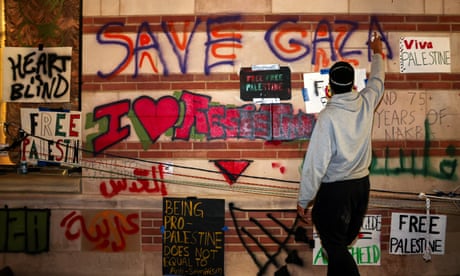
Israelis voice sadness and defiance over Gaza protests on US campuses
“These protests [in the US] … made us happy by finding people from the west who stood with our cause … [But] at the same time it made us sad because our brothers in the Arab countries did not do what these people did,” the 33-year-old said.
The war has killed more than 34,500 Palestinians, according to Gaza’s local health officials, caused widespread destruction and plunged the territory into an unprecedented humanitarian crisis. Tens of thousands are unaccounted for.
The conflict began on 7 October when Hamas attacked southern Israel, abducting about 250 people and killing roughly 1,200, mostly civilians. Eighty hostages were released in exchange for Palestinian prisoners in Israeli jails during a short-lived truce in November. Israel said Hamas is still holding about 100 hostages and the remains of more than 30 others.
Repeated threats by Israeli officials to launch a major military operation into Rafah have made many in the city very anxious, and some have already moved on elsewhere. Israel said Hamas leaders and four battalions of militants are based there, as well as some of the hostages.
Though there is now more food available in Rafah, inadequate supplies, overcrowding and a lack of health facilities have caused a continuing acute humanitarian crisis.
The growing death toll in Gaza and images of the widespread destruction there have swayed public opinion in the US, with support for Israel’s military assault dropping from 50% in a November Gallup poll to 36% in late March. Bernie Sanders drew comparisons with protests in the US against the war in Vietnam.
In Rafah, Marwan Hegazy, from the Jabaliya refugee camp in northern Gaza, also referred to the mass demonstrations of the 1960s.
“The protests of university students were the reason for stopping other wars in the past, such as the Vietnam war,” Hegazy, 60, said. “We hope that the rest of the students of the world will stand up for us.”
Messages to the protesters were scrawled on a handful of tents in the camp, with one reading: “Thank you students in solidarity with Gaza. Your message has reached us. Thank you students of Columbia. Thank you students.”
Asmaa al-Najili, 30, who had arrived in Rafah from Khan Younis, a nearby city which was the site of heavy fighting in March, said she had used news clips of protesting students to cheer up her seven-year-old daughter.
More than a million people displaced from elsewhere in Gaza by Israel’s military offensive are sheltering in Rafah, the territory’s southernmost city. Most are kept up to date by social media – when they can get signals or charge their phones – or local radio channels broadcasting live feeds of Middle Eastern TV channels like Al Jazeera.
Haitham Abu Marsa said that before the recent unrest few in Gaza had heard of the US universities where the protests have been most intense. Like many in Rafah, he said the activism seen in the US highlighted the lack of protest in support of Palestinians in the Arab world.

Israelis voice sadness and defiance over Gaza protests on US campuses
“These protests [in the US] … made us happy by finding people from the west who stood with our cause … [But] at the same time it made us sad because our brothers in the Arab countries did not do what these people did,” the 33-year-old said.
The war has killed more than 34,500 Palestinians, according to Gaza’s local health officials, caused widespread destruction and plunged the territory into an unprecedented humanitarian crisis. Tens of thousands are unaccounted for.
The conflict began on 7 October when Hamas attacked southern Israel, abducting about 250 people and killing roughly 1,200, mostly civilians. Eighty hostages were released in exchange for Palestinian prisoners in Israeli jails during a short-lived truce in November. Israel said Hamas is still holding about 100 hostages and the remains of more than 30 others.
Repeated threats by Israeli officials to launch a major military operation into Rafah have made many in the city very anxious, and some have already moved on elsewhere. Israel said Hamas leaders and four battalions of militants are based there, as well as some of the hostages.
Though there is now more food available in Rafah, inadequate supplies, overcrowding and a lack of health facilities have caused a continuing acute humanitarian crisis.
The growing death toll in Gaza and images of the widespread destruction there have swayed public opinion in the US, with support for Israel’s military assault dropping from 50% in a November Gallup poll to 36% in late March. Bernie Sanders drew comparisons with protests in the US against the war in Vietnam.
In Rafah, Marwan Hegazy, from the Jabaliya refugee camp in northern Gaza, also referred to the mass demonstrations of the 1960s.
“The protests of university students were the reason for stopping other wars in the past, such as the Vietnam war,” Hegazy, 60, said. “We hope that the rest of the students of the world will stand up for us.”
Messages to the protesters were scrawled on a handful of tents in the camp, with one reading: “Thank you students in solidarity with Gaza. Your message has reached us. Thank you students of Columbia. Thank you students.”
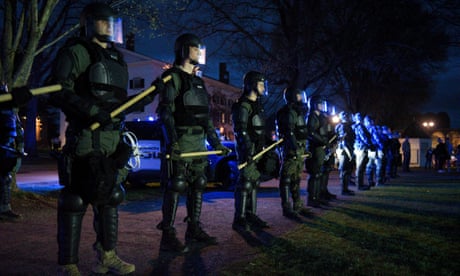














 The Associated Press
The Associated Press





